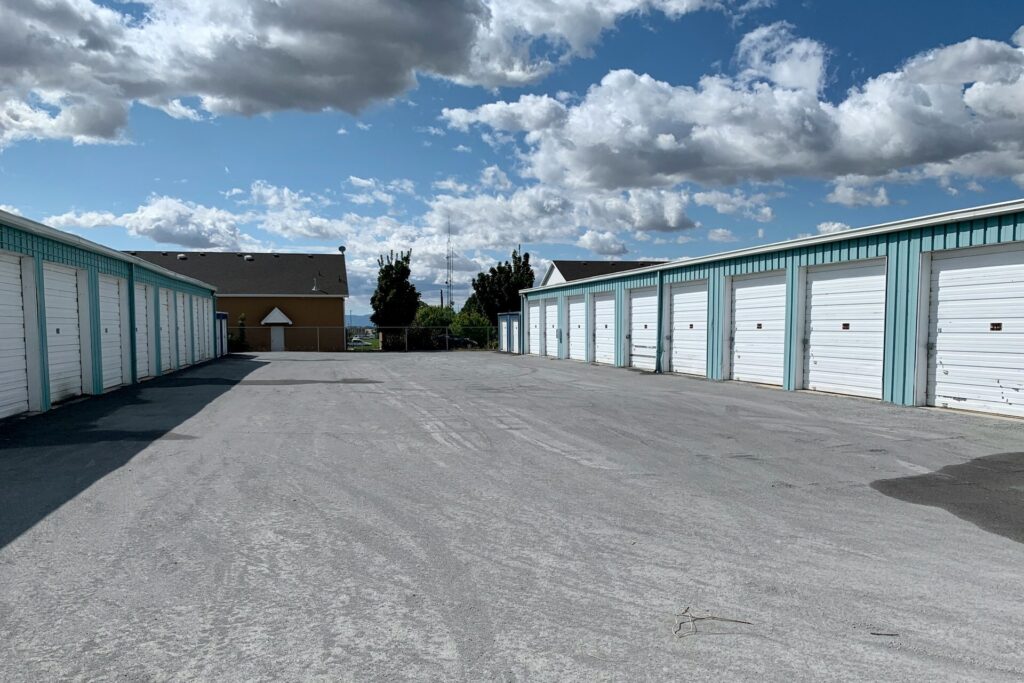We are reader-supported. When you buy through links on our site, we may earn an affiliate commission.
Reaching a point in life where you are able to successfully purchase a vacation property is a huge accomplishment. One specific type of a vacation property includes real estate that is located at the beach– this could include a home, townhome, condo, etc. Buying a beach property sounds very appealing to a wide range of people, but there is a lot to consider before diving in.
Benefits of Buying a Beach Property
There are several perks that are associated with owning a beach vacation property. For starters, depending on how close the location is to the ocean, the view of the beach can be a great selling point. Also, owning your own property by the beach can save you money in the long run– since you won’t have to dish out money every summer on a rental. In addition, when you are not staying at your property, you can rent it out to others as a way of earning passive income.
Now that you are aware of all the benefits of owning a beach property, it is crucial to also educate yourself on what the downfalls of owning a beach property can be.
Buying a property of any kind has its advantages and disadvantages, although owning a property by the beach has its very own unique challenges. Before purchasing a beach property, you should always consider the fact that depending on how close it is to the water, more costs and maintenance will be associated with owning it.
What You Need To Consider
Since there tends to be more severe weather conditions by the ocean, the insurance can be anywhere from $850 to $5,000 a year–now this of course depends on the location and how frequently storms occur in the specific coastal area that you decide to buy in, but it is still worth considering.
It is also worth noting that the maintenance fees for a beach property could potentially be higher than other types of properties. Salt water can cause great damage to a property. Overtime, the salt in the air from the ocean can lead to corrosion, and the closer the property is to the ocean, the more risk you run of having corrosion.
Here are just a couple ways that salt water could damage property:
- Corrode the lining of pipes
- Break down HVAC systems
- Damage siding and stone
- Cause wood to rot
- Water damage in general can lead to mold
It is especially important to use materials that are more resistant to corrosion and water damage than the average materials are. For example, metal roofing and hardie plank siding are much better options for beach properties than traditional materials are.
In addition to beach homes being more susceptible to damages caused by the salty air, you must also consider the impact that it can have on your vehicle. If you plan on keeping your vehicle at your beach property for an extended period of time, you should be aware that it could lead to more car problems. Being aware of the damage that salt water can cause to your car can help you prevent damages such as “leaking brake lines or fuel lines due to corrosion”.
Luckily, washing off the exterior of your property and of your vehicle can help slow down the process of corrosion.
The Bottom Line
Buying a beach property certainly has its advantages. Having a place of your own to go on vacation to is a freedom that many dream of. As long as you consider the extra costs that come along with insuring and maintaining real estate in a coastal location, it can definitely be worth your while.







